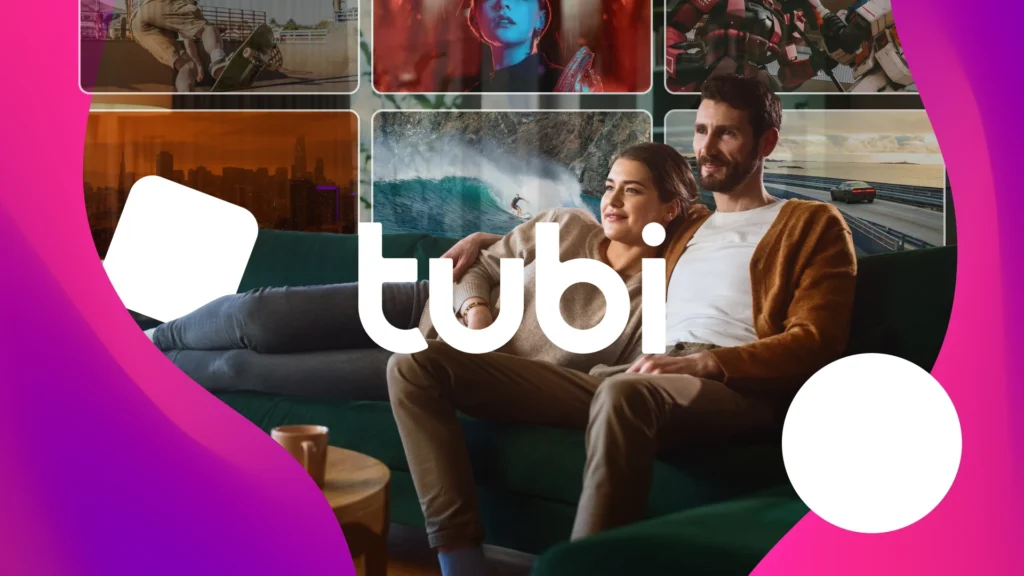Search engine optimization is a game that is played by ever-changing rules. This recent Forbes article about SEO discusses the current changes expected in a post-Penguin, post-Panda SEO landscape. However, if you are following trends in search engine optimization, then you already know that the word on everyone’s lips these days is “content.” Long-form content, fresh content, rich media content, content is king. The big three, Google, Yahoo, and Bing, have recognized the common SEO tactics of the last decade and are now putting greater priority on what your site contains, who links to it, and who likes it.
This means that the olden days of keyword-stuffing and other gamesmanship are over. Today’s Internet users are seeking content that engages them, snappy media snippets that they can share, and insightful articles and blogs that are worth following. Further, sites that actively receive “Likes” and “+1s” are going to receive a higher authority ranking on a given topic, meaning that pleasing the user is more important than ever.
This has left many businesses scrambling to find a search engine optimization strategy that aligns their websites with this new standard. In order to amass organic traffic with these new standards of topical authority and social validation, many businesses will need to seek outside management of rich and regularly updated content.
Content Management Optimization Means Investing in Your Web Presence
An organization needs a plan to produce genuinely useful, engaging, and enticing content. This new form of planning is being called by some “Content Management Optimization,” and it is likely the future of search engine optimization. Many companies, however, do not have a dedicated staff available to generate content regularly and often outsource this function of their marketing strategy.
The value of the content is paramount, whether it is generated in-house or through an agency. If your web presence is to garner the approval of social media users, then the content cannot be vacuous ad copy. The days of websites as online brochures or virtual billboards are behind us. Now, content must be the bait that not only hooks search engine users but also makes them want to pass the bait on to their friends.
Likewise, keywords are no longer the only goal. Instead, research-driven content that has topical authority is the content that will be judged as excellent, by both search engines and social media users. The old link-building strategies will bare far less weight, though capturing those links from social media users and other websites on the same subject matter will have far more weight. Now more than ever, knowing your community of Internet viewers is important to an effective SEO campaign.
Social Media as Modern Word-Of-Mouth Advertising
The high-value content that Google has declared the future of search engine metrics is also the type of buzzworthy content that viral marketing has taught us truly draws organic consumer interest. A good example of this is the Old Spice “Body Blocker Body Wash” advertisement campaign. Their commercials amused Internet users who flocked to the YouTube channel devoted to it. Those users then passed links to their friends. Amongst their friends, they made parodies and tribute videos. Soon a meme was born via link-sharing sites like Reddit and 9gag. In no time, a brand that had fallen out of the public eye for nearly a generation was on everyone’s lips and chatted about over water coolers across the country. The links were flying, and the campaign was a stunning success.
A national campaign may not be the scope of campaign that every website seeks. However, genuine content directed at an audience that will appreciate it, as exemplified by Old Spice’s campaign, is exactly what is needed in the post-Penguin, post-Panda search engine landscape where social media driven-marketing prevails.
Fresh content that is regularly updated and valuable gets people talking. This chatter turns into sharing, the online version of word-of-mouth, and this is what Google has declared as the future of search engine ranking.
You Might Be Interested In












